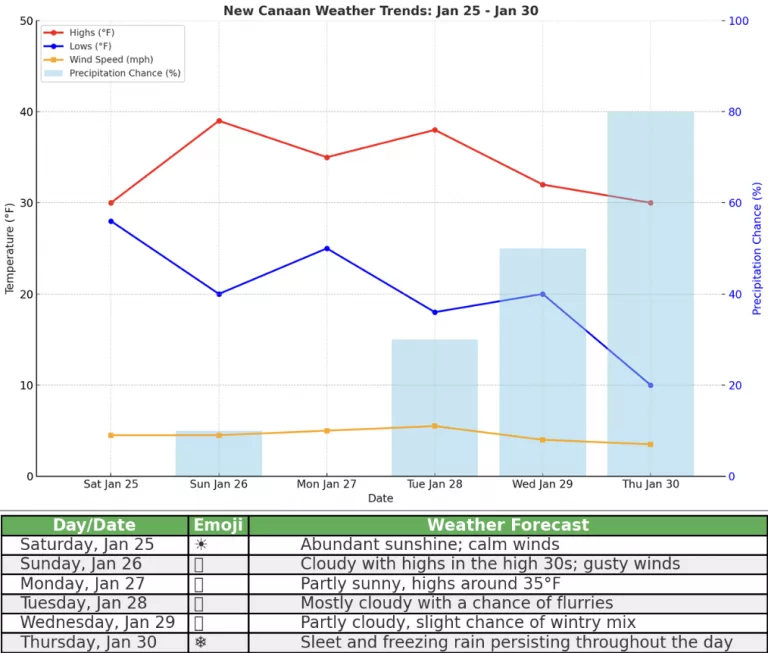By Beth Barhydt
The Connecticut League of Conservation Voters (CTLCV), known for its strong commitment to environmental conservation, seems to be straying far afield from its original mission.
Its 2024 endorsements and legislative scorecard tell a story of an organization that has shifted its focus from pure environmental advocacy to aligning with broader political agendas. In doing so, the CTLCV has diminished its role as a protector of the environment and instead has become another partisan weapon.
In past years, CTLCV earned respect for its nonpartisan approach, bringing together diverse voices to support policies that safeguard Connecticut’s air, land, and water. This year, however, the scorecard reflects a growing focus on legislative initiatives that do not directly relate to conservation.
The League included questionable bills on its scorecard.
Among the bills the League highlights is House Bill 5390, an anti-local zoning bill which promotes over-development. Its relevance to environmental conservation is tenuous at best, harmful at worst. By eroding local control and allowing “as of right” development, vital areas that are currently protected by local zoning laws like wetlands and open space would become vulnerable. By including it in the legislative scorecard and penalizing those legislators that fought against the erosion of local control, CTLCV dilutes its focus and confuses its mission.
For some reason the League also included House Bill 5498 on its scorecard, which focuses on election security and absentee ballot protections. And House Bill 5450, addressing the use of artificial intelligence and deceptive media in elections. More examples of the League stretching its mission far beyond conservation.
In addition to these bills, CTLCV’s inclusion of House Bill 5523, which allocates federal American Rescue Plan funds, raises questions about its priorities. While infrastructure and development projects funded by ARPA may have environmental implications, the bill’s primary focus is financial, not ecological. The merits of these bills are worthy of discussion but they are not environmental bills. The League’s scorecard has become a platform for advancing a broader political agenda rather than strictly conserving Connecticut’s environment.
The shift in focus is not just a matter of which bills are being endorsed; it reflects a deeper issue within the organization. Conservation is, and can remain, a unifying issue. Whether Democrat or Republican, residents across Connecticut share a vested interest in preserving the state’s natural beauty and ensuring that future generations inherit a healthy planet. The environment doesn’t discriminate by political party, and neither should the organizations dedicated to protecting it. CTLCV’s increasing partisanship risks alienating those who care about the environment but do not align with the broader political views being promoted.
Another troubling aspect of the CTLCV’s evolving agenda is its overweighted endorsement of offshore wind farms, which the organization champions as part of its climate solution strategy. These large-scale wind farms pose significant environmental risks and are fraught with unintended consequences, particularly for marine life. These installations are responsible for the deaths of thousands of birds and disrupt the migratory patterns of marine species, including intelligent marine mammals such as whales and dolphins.
Studies have shown that the underwater noise generated during the construction of wind farms causes distress and disorientation in marine animals, some of whom rely on echolocation to navigate the oceans. The disruption to their natural habitats is undeniable, and the loss of biodiversity is a cost that cannot be ignored. In addition, wind turbines are already responsible for significant bird mortality on land, and placing these turbines offshore extends this danger to species that are already vulnerable due to climate change and habitat destruction. The National Audubon Society has raised concerns about wind farms’ effects on bird populations, particularly migratory species that fly over oceanic regions now populated by turbines.
Moreover, the construction and maintenance of these wind farms require the use of substantial amounts of fossil fuels.
Now is the time for CTLCV to recommit itself to the principles that guided its formation. The health of Connecticut’s environment is too important to be sidelined by partisanship. The League endorsed one Republican in the entire state of Connecticut.
The League’s effectiveness in the past was its ability to bring people together across the aisle, advocating for policies that put the environment first, regardless of political affiliation. Moving forward, CTLCV should focus on returning to its roots, championing legislation that directly impacts conservation efforts, and building coalitions that include all voices concerned with preserving our natural resources.
You need to look no further than Republican First Selectman Dionna Carlson for a strong environmentalist who did not support House Bill 5390.
For those of us who believe in conservation and the power of unity to create lasting change, this moment presents an opportunity. Connecticut’s natural legacy must be preserved through bipartisan effort, data-based policies, and a renewed focus on protecting the air we breathe, the water we drink, and the forests and wildlife that define our state’s beauty.
By returning to its core mission, the CTLCV can have the power to help great environmental laws get passed with both parties.



